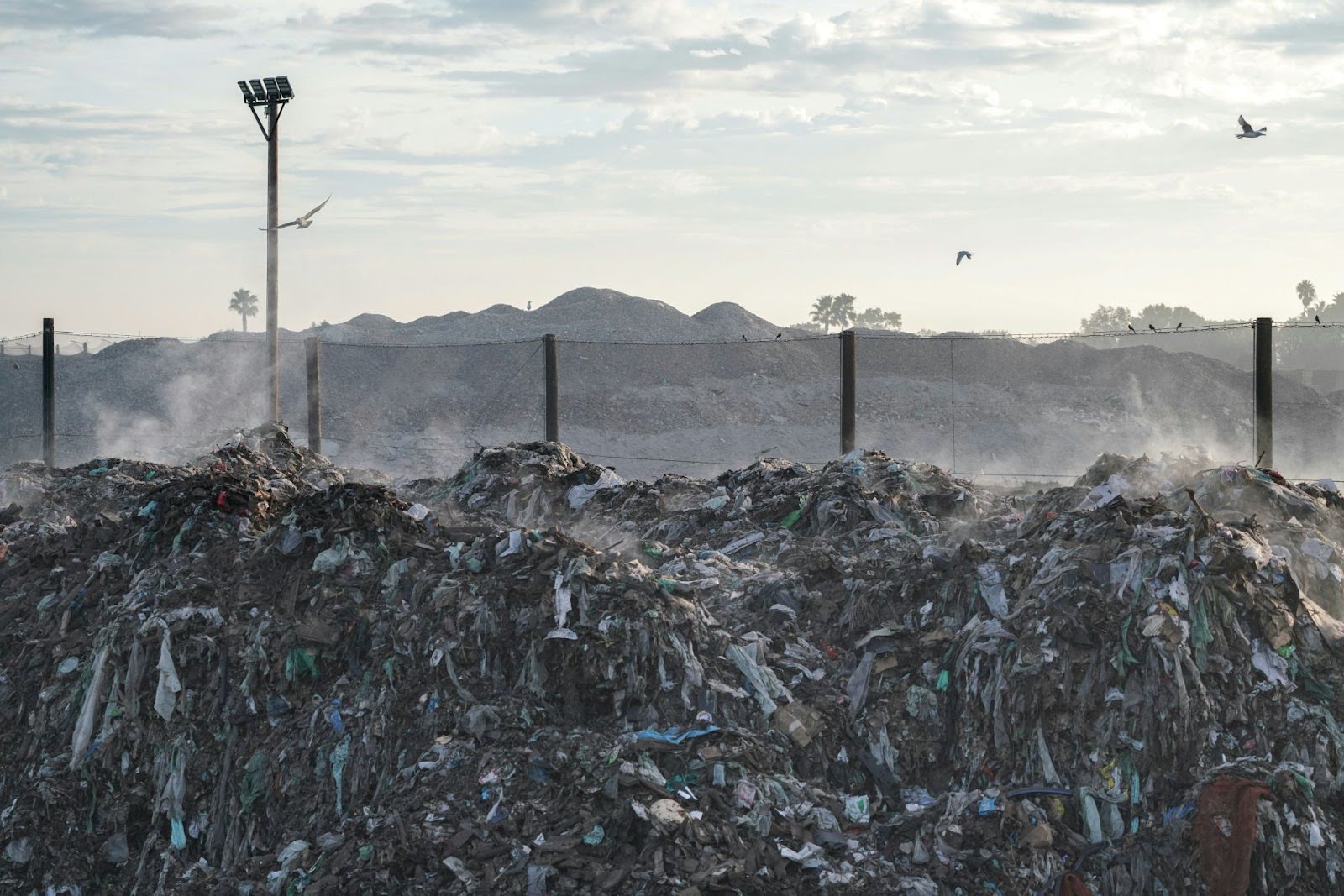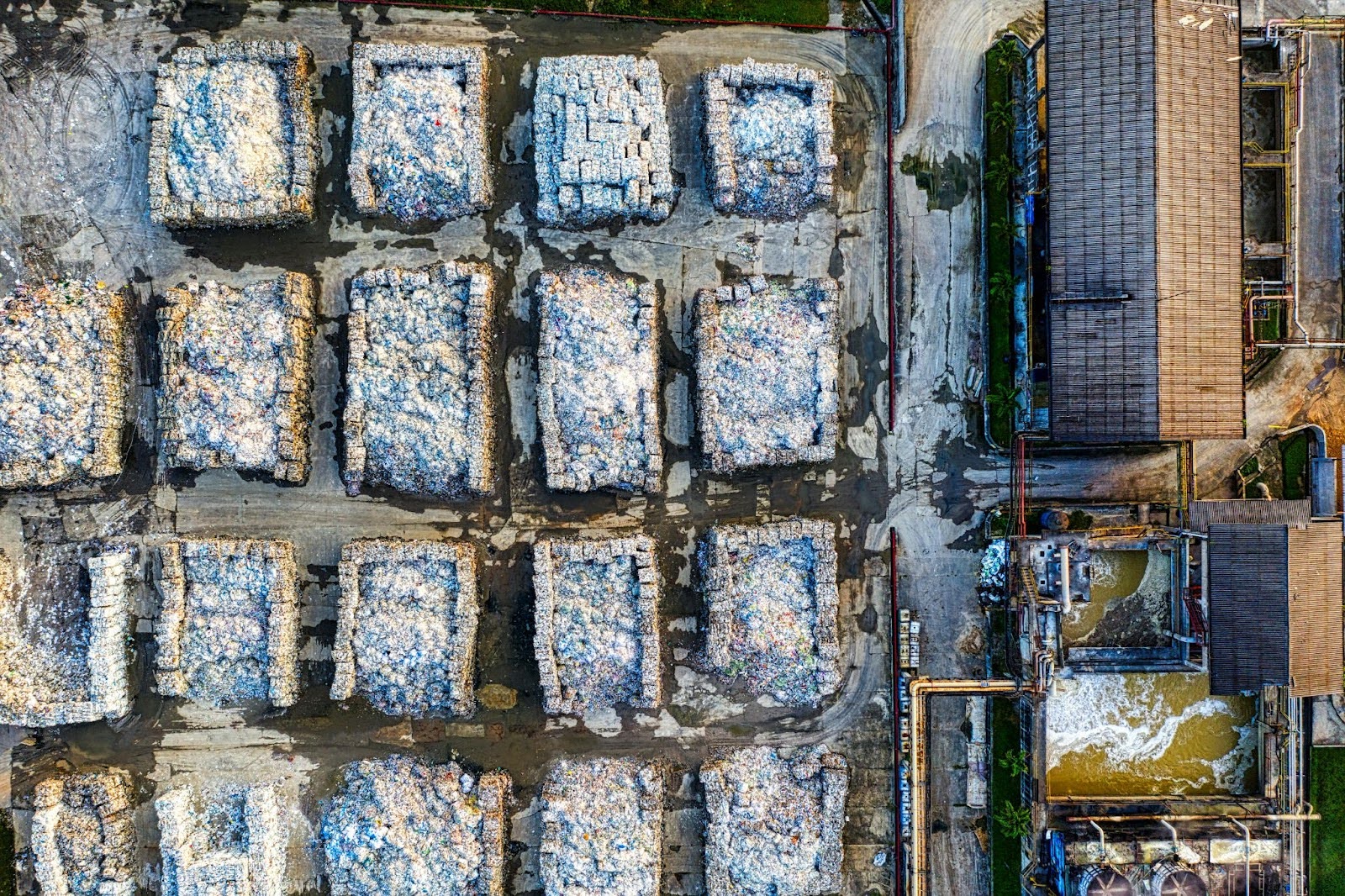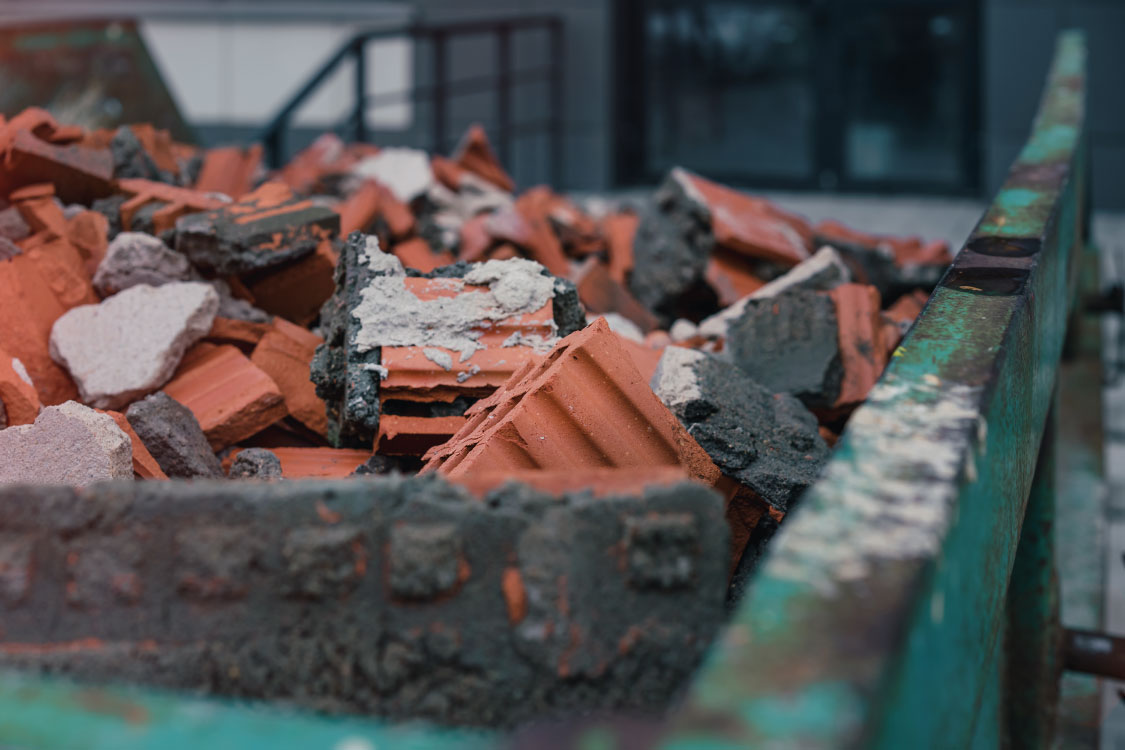
What Are The 5 R’s Of Waste Management?
Creating a waste management plan is essential for reducing your impact on the environment. Understanding the five R’s of waste management is a fantastic way to educate yourself on how to reduce or manage your waste.
The 5 R’s are five steps to improve waste management. These are: refuse, reduce, reuse, repurpose and recycle. Understanding each step and improving your waste management will help you make smart and sustainable decisions for household or small business waste.
Overview
Step 1 – Refuse
The first R in a waste management plan is to ‘refuse’ unnecessary packaging or products that will end up as waste. Refusing includes making smart decisions, such as deciding whether you need to upgrade electronics that still work perfectly, or refusing to buy single-use bags by using reusable bags.
Step 2 – Reduce
Reducing your waste is the second step in a sustainable waste management plan. “Reduce” includes identifying ways to be more efficient or minimise the amount of excess products or materials being wasted.
There are many convenient and sustainable ways to reduce your waste, such as considering the amount of food needed for dinner and freezing any excess food rather than throwing it away.
Reducing your e-waste directly benefits the environment and preserves our natural resources. Before upgrading your electronics, consider whether you plan to recycle or sell your old electronics.
Considering the packaging used when selling or purchasing products and whether there is potential to use biodegradable materials, or is there an opportunity to reduce the sizing of the packaging? By carefully considering the ‘reduce’ step in waste management, you make more sustainable decisions and also reduce costs, potentially leading to higher profits.
Step 3 – Reuse
In a manufacturing world that dictates and predicts consumer requirements, the ‘reuse’ step in waste management is becoming more crucial.
For example, rather than purchasing a new phone and throwing your old one away, consider whether there is a better alternative to reuse that phone. Is there a family member you could give the phone to, or if the phone is in perfect working condition, could you sell it, or even keep it for another six months? (there might be a better deal out by then too!)
Businesses have many opportunities to find new use cases for products or materials rather than throwing excess away. Reusing materials provides an opportunity for businesses to reduce waste while innovating to potentially create a new product line.
Step 4 – Repurpose
‘Repurposing’ an item means using old items or materials in new ways to prevent waste. Creatively utilising an item or material for a new purpose gives it new life and prevents unnecessary or wasteful purchases.
An example of repurposing can include using leftover wood to build upcycled furniture or using vegetable scraps in the gardens for compost rather than wasting them.
Office equipment such as desks or chairs can be donated to schools or charities for reuse by those who need them.
Office electronics such as monitors, keyboards, mice or even phones can all be repurposed and provide value to others. If you don’t have the skills to safely reformat devices or upgrade the hardware or software, there are organisations the provide these services in the community.
Step 5 – Recycle
Recycling is such an important step in waste management as it reduces the need for using new natural materials, reduces landfill and enables old recycled materials to create new products. Recycling can include items such as paper, cardboard, plastics or any single-use items that can be reused or repurposed once recycled correctly.
Businesses should focus on their recycling efforts by using recycling bins for all cardboard and paper waste. Creating a recycling plan is an intuitive way to reduce waste in the workplace and be more sustainable and eco-friendly.
Apply the 5R’s at home or work to contribute to a sustainable future
The five R’s of waste management can be used to create an action plan and reduce your environmental impact helping contribute to a more sustainable future.
When there’s waste left over that needs to be safely managed, a skip bin could be the answer. From general waste to green waste or e-waste, Just Skips can help. Our dedicated and friendly team can organise a same-day drop-off and pick-up in most suburbs. If you need a skip bin today, do not hesitate to contact us!
Frequently Asked Questions
What are the 5 R’s of waste management?
The five R’s of waste management are refuse, reduce, reuse, repurpose and recycle.
What is the meaning of 5 R’s?
The five R’s of refuse, reduce, reuse, repurpose and recycle. The five R’s provide alternatives to throwing away items or materials and outline a waste management plan on how to reduce or manage waste.
What are 5 examples of reduce?
1. Reduce is finding ways to be more efficient or minimise the amount of materials being wasted. Five examples of reduce include
2. Continuing to use your mobile phone that is in working condition rather than upgrading phones.
3. Bringing reusable cups to cafe’s rather than using single use paper cups.
4. Using reusable shopping bags rather than single use plastic or paper bags.
5. Keeping leftover food from cooking in freezable containers to reduce food waste.
6. Using leftover food scraps in the garden or in the green waste bin.
People also read:
5 Safe Waste Disposal Methods You Need To Know



